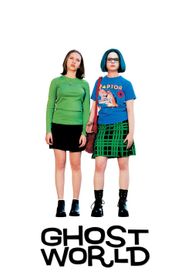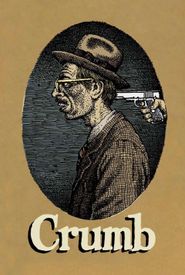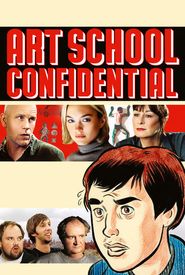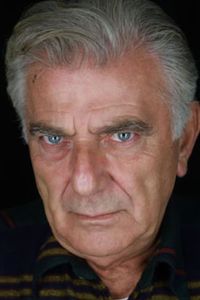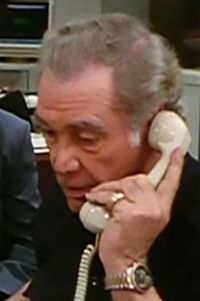Terry Zwigoff, a renowned filmmaker, was born in Appleton, Wisconsin, and went on to have a diverse career before making his breakthrough feature, the documentary "Crumb" (1994). Prior to his success, Zwigoff held various jobs, including musician, shipping clerk, printer, and welfare office worker. His fascination with blues music began in 1978 when he discovered a rare recording by an unknown Chicago blues musician, Howard Armstrong. This experience led to his first film project, a documentary titled "Louie Bluie" (1985),which premiered at Telluride and Sundance film festivals before its theatrical release.
Zwigoff's next project, "Crumb" (1994),was a documentary about the underground comic artist Robert Crumb. The film won the Grand Jury Prize at Sundance and received accolades from the New York and Los Angeles Film Critics and the Directors Guild of America. It also became the third-highest grossing documentary of all time and appeared on over 150 Ten Best lists by the end of the year. However, its failure to receive an Academy Award nomination for Best Documentary Feature sparked controversy and led to a demand for change in the way the Academy chooses documentary feature nominees.
"Crumb" chronicled Zwigoff's nearly two-decade-long acquaintance with Robert Crumb, exploring his life, career, and the underground comic scene, as well as his dysfunctional family. Although the documentary caused a temporary rift between Zwigoff and Crumb, they have reportedly reconciled and are currently collaborating on a screenplay called "The New Girlfriend."
Despite the enormous success of "Crumb," Zwigoff refused to compromise his artistic vision by selling out to Hollywood. He turned down numerous commercial projects and spent five years working on his feature film adaptation of Daniel Clowes' underground comic strip "Ghost World." Released in 2001, "Ghost World" became a summer art house hit and earned Golden Globe nominations for Steve Buscemi and Thora Birch, who played the teenage protagonist Enid. The film also brought acclaim for Zwigoff and Clowes, earning a nomination for Best Adapted Screenplay at the 2002 Academy Awards. "Ghost World" appeared on over 150 Ten Best lists for 2001, cementing Zwigoff's reputation as a talented and uncompromising filmmaker.


